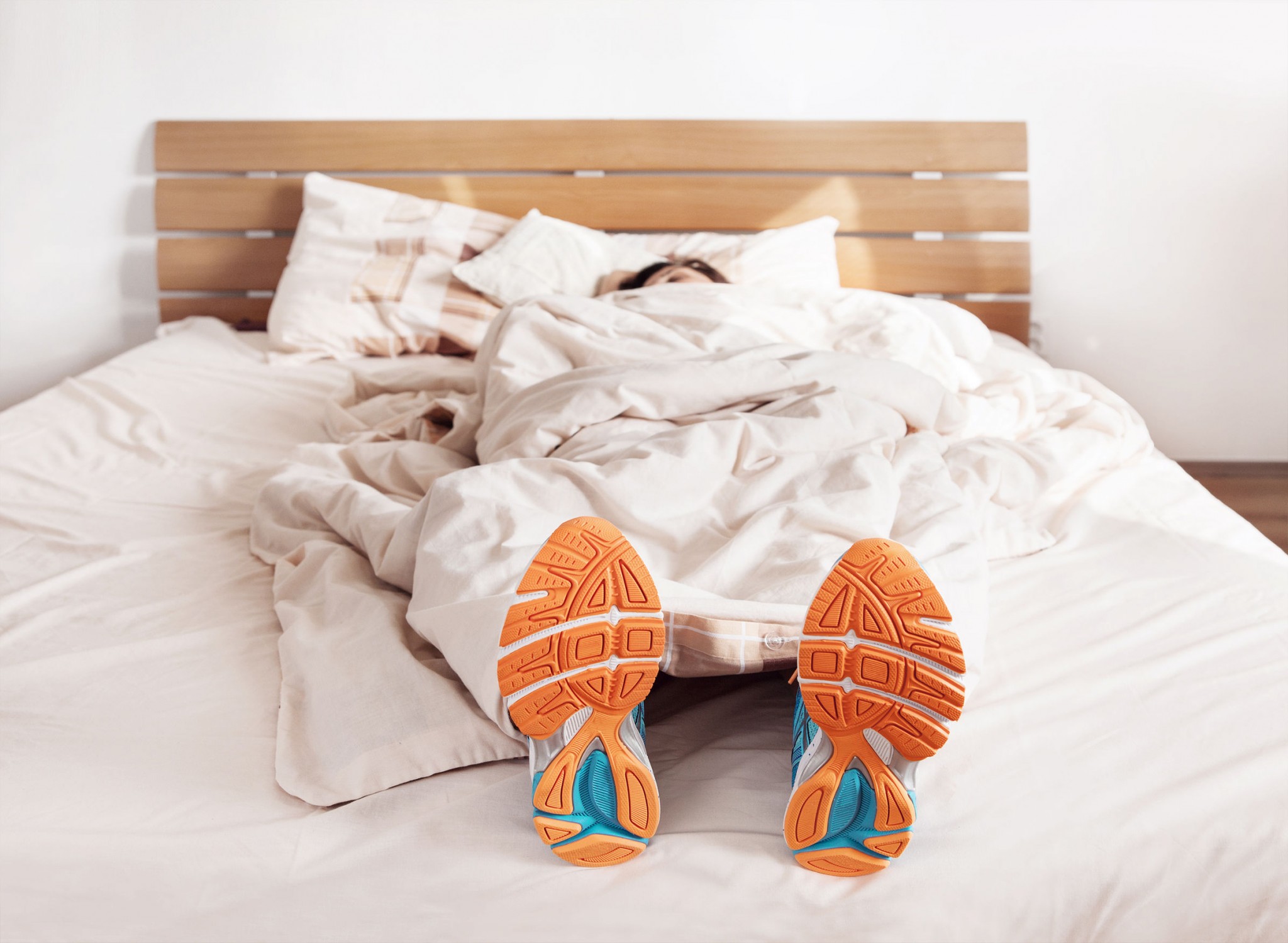Genius Hour Reflection #3
Genius Hour Reflection #3
Hi all! Welcome back to my Genius Hour blog.

Recap of last week:
Last week I did some research on some potential training plans that equal success for the Boston Marathon qualifying times. The pace recommended to make the qualifying time is 4 minutes and 20 seconds per km.
Reminder: The qualifying time for my age and gender is a full marathon (42km) in 3 hours and 35 minutes. Yikes...
On Sunday I went out for a 17 km run with my running group. I will add that the weather was not ideal. It was very cold which made my muscles quite tense and it was EXTREMELY slippery. So much so, that I was forced to slow down and walk at points just to get safety through the ice patches. Here are my statistics from the run.
It is quite evident that I was no where near the 4:20 pace but rather averaged about a 6:50 pace. As discouraging as this is, I truly want to know what the tips and secrets are to increasing my time and maybe having a chance at the Boston Marathon one day.
Today's post is dedicated to researching tips and tricks from Boston Marathon alumni and experts. If you are interested in reading about the three top tips then keep reading!
Tip #1: Nutrition
It is so important to fuel your body properly when completing strenuous exercise. Keeping in mind nutrition and hydration while training, before race day, during race day and after the race is critical.
It is highly recommended for runners to fuel up on carbohydrates, starchy vegetables, fruits and lead protein.
What to eat before a race:
- Low-fat, high-card and low-fiber meal
- This will help to prevent any indigestion, fatigue, or stomach discomfort while running
- Foods to eat: Bread, toast, bagel, peanut butter, fruit, rice, pasta, water... lots of water!
- Foods to avoid: Deep fried food, red meat, dairy products, pastries
What to eat during a race:

- Water, water & water! Drink 150 to 250 ml at regular intervals. Take small sips while running
- Energy gels and chews. These are my personal favourites! These portable gummies help to sustain energy of long duration activities like running. They contain key nutrients like electrolytes and amino acids to keep a runner feeling strong and energized.
What to eat after a race:
- Within one hour after a race, eat something that is carbohydrate rich such as a peanut butter banana sandwich or an energy bar
- Within two to three hours after a race, have a balanced meal that includes lead protein, carbohydrates and good fats
Reference: https://www.healthxchange.sg/food-nutrition/food-tips/what-eat-before-during-after-race
Tip #2: Yoga
 As a runner, I always hear that it is so important to cross train. Although running is a great sport on its own, it is critical to add in some strength training and yoga is a great way to do that.
As a runner, I always hear that it is so important to cross train. Although running is a great sport on its own, it is critical to add in some strength training and yoga is a great way to do that.
Benefits of Yoga for runners:
- Become stronger and less injury prone
- Helps to control breathing
- Stress-relieving
- A good stretch for an achy body
One of my favourite ways to get in a good yoga session is by playing this Youtube video which is yoga meant for runners!. I will try and follow this video once a week and I notice great benefits!
Tip #3: Sleep
 A runner most likely requires more sleep than the average person. The physical stress of running and the taxing pressure on your body often calls for longer shut eye. Furthermore, a lot of the recovery process occurs during sleep.
A runner most likely requires more sleep than the average person. The physical stress of running and the taxing pressure on your body often calls for longer shut eye. Furthermore, a lot of the recovery process occurs during sleep.
"Both quality and quantity count when it comes to sleep"
In general, adults should aim to get 7-8 hours of sleep each night. For runners this changes to at least 8-10 hours.
Why?
- A hormone called HGH (Human Growth Hormone) is released in the deepest phases of sleep. This hormone plays an important role in bone health, muscle strength, converting fat into fuel etc.
- A good sleep lowers your injury risk. If you don't have a good sleep, your bones and ligaments may be more prone to exercise stress.
- Proper sleep can boost metabolism.
- Poor sleep often leads to poor food and beverage choices.
Wrap Up:
I learned a lot through my research during this Genius Hour reflection and I hope you did too! Join me for one more reflection next week! Next week I am going to focus on one of the most important AND challenging parts of running: the mental part. TTYL.




Comments
Post a Comment